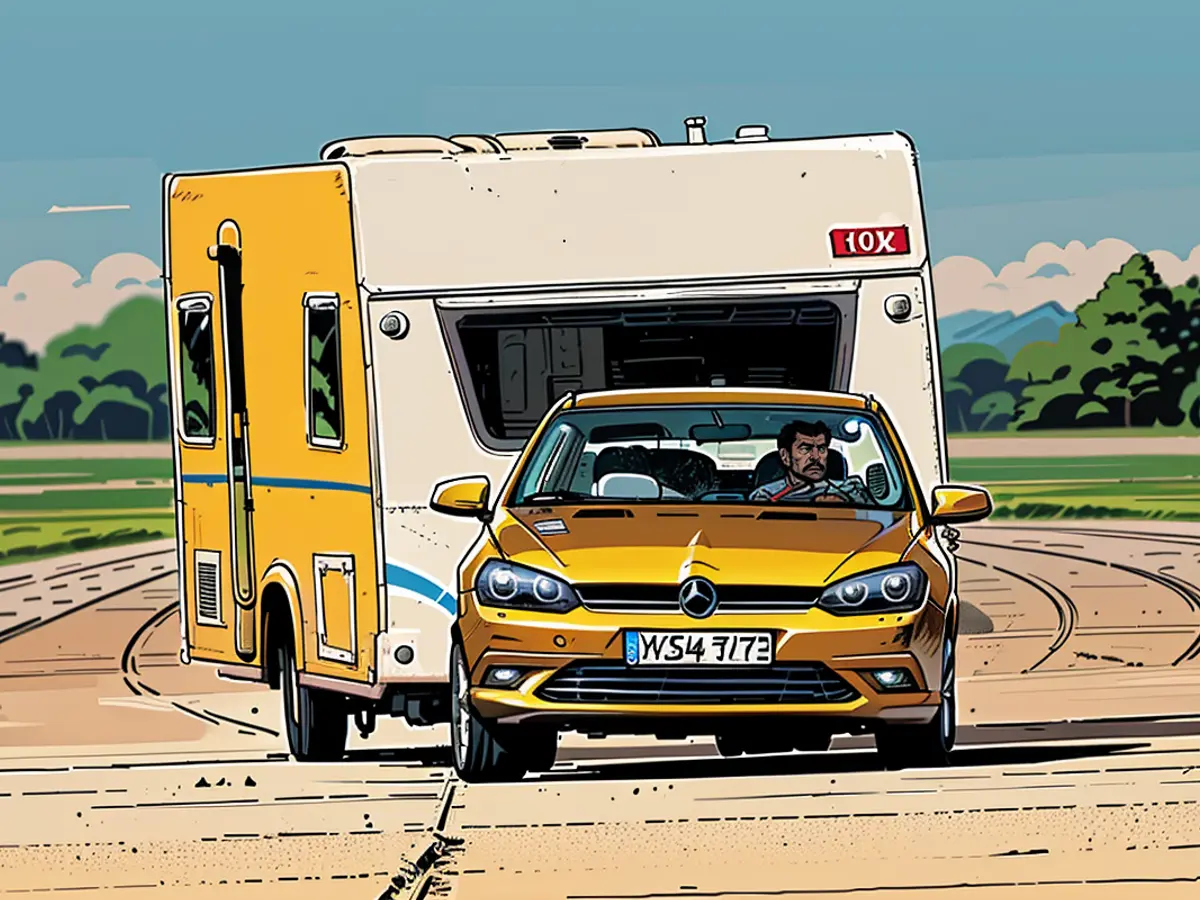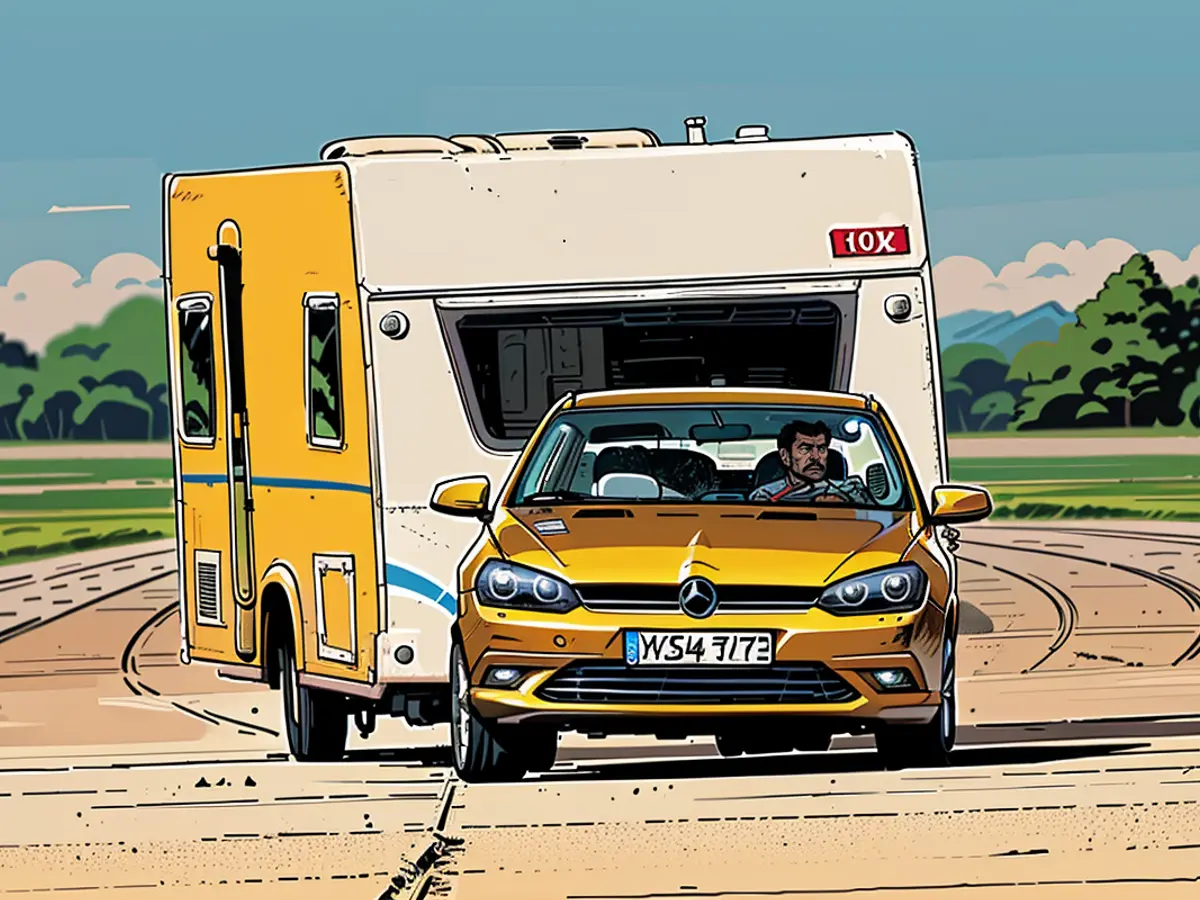Driving into Finances: The Car Summit at the Chancellery
What's Up with the Car Bosses and the Chancellor?
Driving into the future of the automotive industry, representatives from big car manufacturers are meeting with the Chancellor at the Chancellery today, starting at 1 pm. This isn't just about electrical vehicles (e-cars) and expanding charging infrastructure; it's mainly about funds.
The Budget Crisis and the Climate and Transformation Fund
Currently, Germany is grappling with a financial crisis resulting from the Federal Constitutional Court's ruling on the climate and transformation fund. With the chancellery summit now overshadowed, government officials from the transport, economy, labor, and environment ministries will be in attendance. Alongside domestic and foreign manufacturers, suppliers, and the industry's major associations, they'll discuss crucial matters.
Subsidies for Electric Cars: At Risk!
Promoting electric mobility is on the brink of failing. The funding for the 2024 e-car subsidy was planned to originate from the 60 billion budget of the Climate and Transformation Fund. The KTF had earmarked almost 810 million euros for e-car promotion in the coming year, and around 2.2 billion euros for setting up charging stations and hydrogen filling stations.
Due to the current budget crisis, e-cars could end up being even more expensive for consumers, considering the €4,500 subsidy for cars with a net list price below €45,000.
Higher Taxes for Diesel
To increase budgetary leeway, the coalition government had planned to implement an EU energy tax directive, which favors tax harmonization for diesel fuel and gasoline. If adopted, diesel fuel tax would rise from approximately 18 cents to its original price by phaseout, addressing the so-called "diesel privilege."
Reforming Vehicle Tax
UBA President Dirk Messner advocated for reforming vehicle tax, suggesting that cars harmful to the climate should pay a climate surcharge during registration. Money collected could be used for e-car purchase premiums, offsetting the climate and transformation fund.
The Future of Company Car Benefits
In an interview, Green Party politician Jürgen Trittin hinted at potential cuts to company car privileges, as this could provide a significant amount of money without affecting tradespeople.
The Increasing CO2 Price
The CO2 price, already payable on petrol and diesel, could potentially rise, affecting vehicle costs for the average driver. The higher charge aims to encourage the use of eco-friendlier vehicles.
The Takeaways
- The ongoing budget crisis might lead to adjustments in electric vehicle subsidies due to the funding issue with the Climate and Transformation Fund.
- The EU is considering proposing EU-wide purchase incentives for electric vehicles, which could standardize subsidies across member states.
- Political parties are engaged in debates about combustion engine phasing out and the transition to e-cars, which could influence subsidy policies.
Sources:
Enrichment Data:
- National Subsidies: The German CSU party proposed a purchase premium of €3,600, while Chancellor Scholz suggested temporary tax cuts for electric cars manufactured in Germany.
- Budget Constraints: The financial crisis might lead to revaluation of spending on subsidies, but the specific changes to car subsidies and taxes are not explicitly detailed in the sources.
- Political Debates: German political parties are debating the phaseout of combustion engines and the transition to electric vehicles. Some parties, like the CDU and AfD, are pushing back against the EU-wide ban on new petrol and diesel cars.
Enrichment Data is incorporated into the main article.







